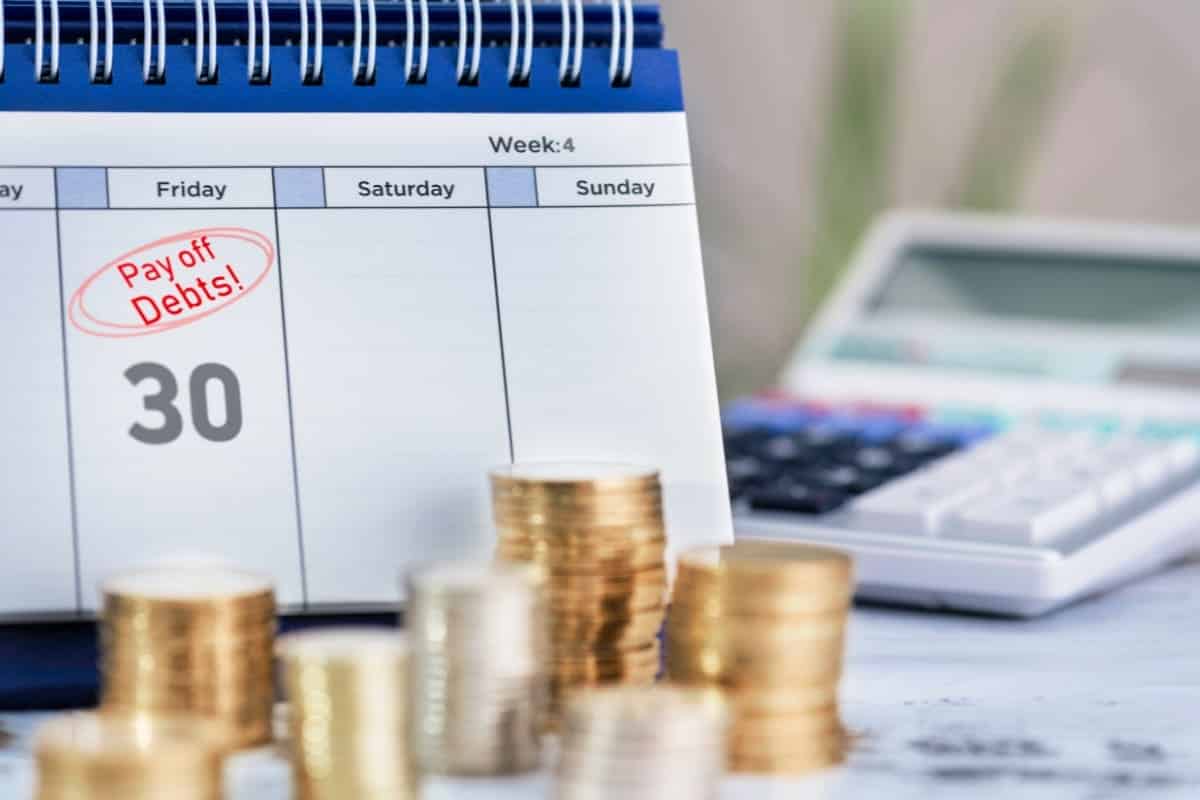Click to rate this post!
[Total: 1 Average: 5]
- Create a budget: Start by tracking your income and expenses to identify areas where you can cut back and allocate more funds toward debt repayment.
- Prioritize debt payments: Make a list of all your debts, including interest rates and minimum payments. Focus on paying off high-interest debts first while making minimum payments on the rest.
- Cut unnecessary expenses: Review your monthly expenses and eliminate non-essential items or services. Consider reducing or canceling subscriptions, eating out less, and finding cheaper alternatives for entertainment.
- Increase your income: Look for ways to earn extra money, such as taking on a part-time job, freelancing, or selling unwanted items. Use the additional income to accelerate your debt payments.
- Use the debt snowball method: Pay off your smallest debts first, regardless of interest rates. Once a debt is fully paid, take the money you were paying towards it and apply it to the next smallest debt. This method builds momentum as you see debts being eliminated.
- Negotiate lower interest rates: Contact your creditors and ask if they can lower your interest rates. This can help you save money on interest charges and speed up your debt repayment.
- Consolidate your debts: If you have multiple debts with high-interest rates, consider consolidating them into a single loan or balance transfer credit card with a lower interest rate. This can simplify your payments and save you money on interest.
- Use windfalls and tax refunds: Any unexpected windfalls like bonuses or tax refunds should be directed towards your debt. Resist the temptation to spend it on non-essential items.
- Automate your payments: Set up automatic payments for your debts to ensure that you never miss a payment. This can help you avoid late fees and penalties.
- Reduce credit card usage: Cut back on credit card spending to prevent accumulating further debt. If possible, pay for purchases with cash or a debit card.
- Seek professional advice: Consider consulting a financial advisor or credit counseling service. They can guide debt repayment strategies and help you create a personalized plan.
- Downsize or sell assets: If your debt is overwhelming, you may need to make more significant changes. Consider downsizing your home or selling assets that aren’t essential to free up money to pay off debt.
- Utilize balance transfer offers: If you have good credit, look for credit card balance transfer offers with low or 0% interest rates. Transferring high-interest debt to these cards can save you money on interest.
- Avoid new debt: Commit to not taking on any new debt while you’re paying off your existing obligations. This will prevent you from adding to your financial burden.
- Stay motivated and celebrate milestones: Debt repayment can be a long journey, so it’s important to stay motivated. Celebrate small milestones along the way to maintain your enthusiasm and commitment.
Remember, everyone’s financial situation is unique, so adapt these tips to your specific circumstances. It’s essential to be consistent and patient as you work towards becoming debt-free.
อ่านบทความทั้งหมด >>> Accounting Office
Accounting service Tel.084-343-8968 (POND)






